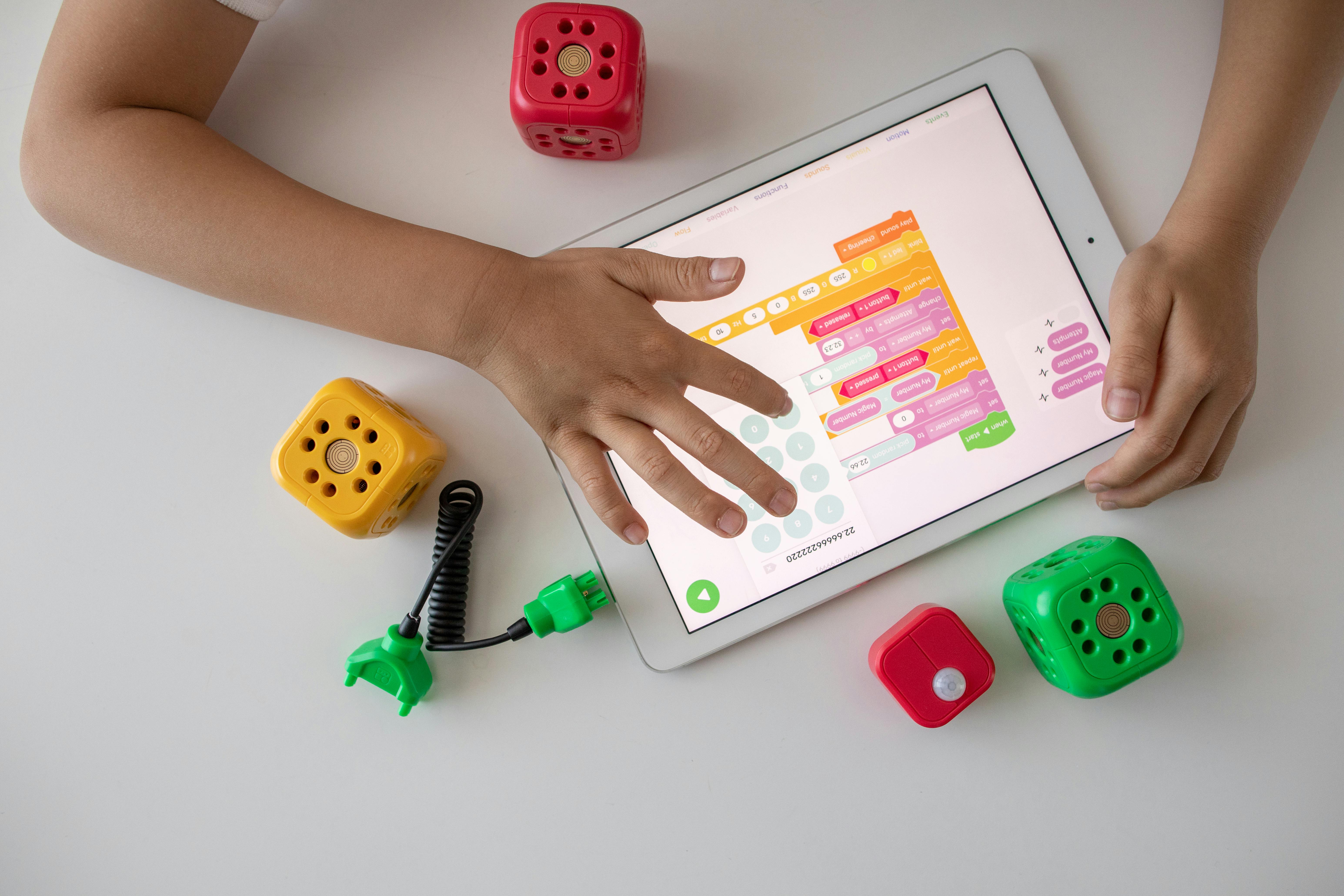Process maps are a great way for teams to see the work they do and find bottlenecks to remove or areas for improvement. Teams can use the colored cards or the sticky note method to create a simple step-by-step description of how to go about their process. Using a pen or marker, they can also follow the steps below to develop a high-level process flow diagram or a more detailed workflow.
Start by writing each step that team members can think of in the process on an index card or post-it note converted to a short or wide size (also known as a horizontal style).
Once members can no longer think of new steps, start organizing the steps so that they flow through the process on a horizontal path. Processes with less than 10 steps can be arranged in a vertical path if desired. With chips, place them on a table. If you’re using post-it notes, it’s helpful to stick them on a dry-erase marker board so that arrows can be drawn between them using the correct type of markers.
Once the steps are in order, check to see if a step is missing before the first or after the last writing. Add cards or notes for the missing steps. Then look at all the other steps in sequence and determine if any steps are missing between any of the steps to add them as well.
Determine if there are decisions to be made during the process. If there are, add them as a decision point on a card or note. If you use index cards, select another color for decisions and / or rotate the card where it is taller and thinner than the others (also known as a portrait style). If using post-it notes, select another color for decisions and / or rotate the note where it is diamond-shaped or higher. Decision points should be written as short Yes / No questions (preferably less than 6 words). Make the Yes steps come from the top of the card or diamond and the No steps from the bottom if you are using a horizontal path. If you are using a vertical process path, have the Yes continue down and the No exit from the side of the diamond.
Once all the steps and decision points are in place, the process map can be turned into a better looking document using dedicated software or a plastic template to draw the process map. Connect the steps and decisions using arrows to indicate the directional flow of the steps. If the team has to remove the cards from the room to convert them into a single document, write a number on each one to indicate the sequence in which they should appear as steps in the final document.
Teams can use the steps above to create a detailed workflow or process flow diagram. This method can be used by any team and only requires index cards or sticky notes and something to write with to create a step-by-step chart of how to do anything related to that specific team.
